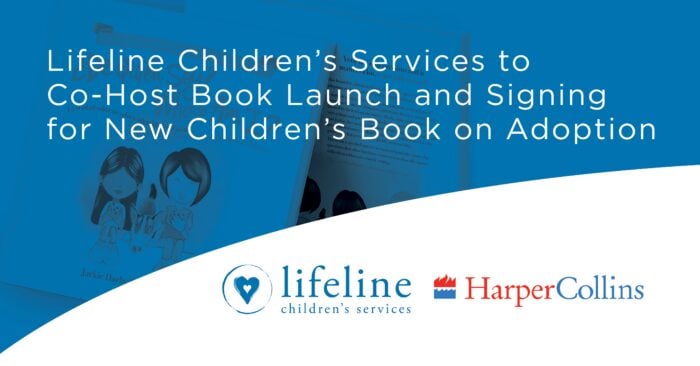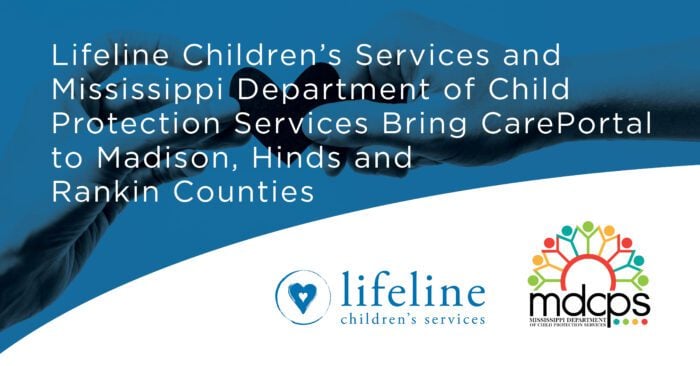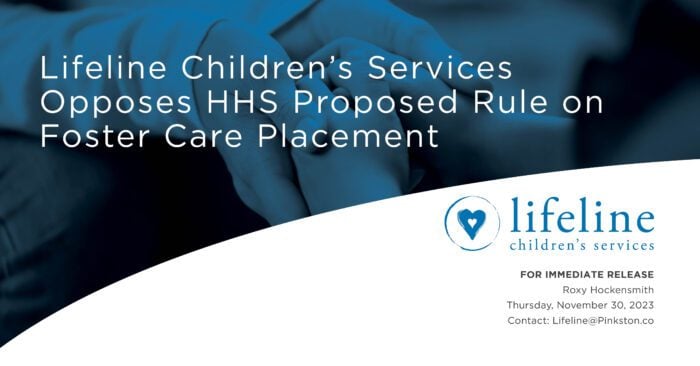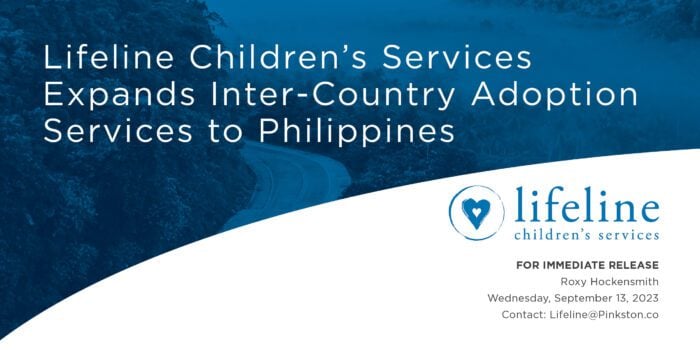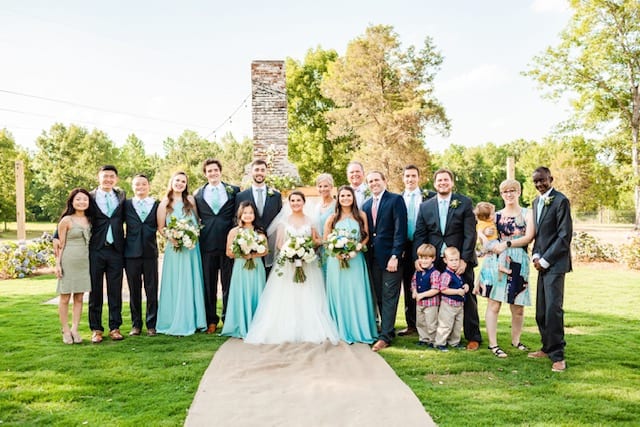By Jenny Riddle
On the November 11, 2020 episode of The Defender Podcast, Herbie Newell talked with Boyd Christenberry, son of Kim and Bill Christenberry. Boyd gave his perspective on adoption as a biological child whose family was completed through adoption.
Completion, Not Addition
Boyd is the oldest of eight children. Five of his siblings joined the family through adoption – two from Ukraine and three from China. The first adoption of two sisters from Ukraine happened when Boyd was a young teen. Now in his late 20s, adoption has been a part of his family for more than half of his life. Clearly, adoption has played a large part in the Christenberry’s family story, but Boyd would tell you that adoption hasn’t shaped his family. Rather, he explains “ … it created my family, it gave me my family. I’ve said before to people that adoption to me is not about addition, it’s about completion.” Simply put, Boyd’s family was scattered across the globe, and adoption brought them together.
A Pivotal Time
Boyd understands that adoption is all about family, and it changes life for everyone in it. His parents consistently talked with Boyd and his siblings about their feelings and thoughts and made sure they were aware of what was happening in the adoption process; and, maybe more importantly, his parents were intentional in guiding Boyd and his siblings in knowing why decisions were made and why processes were happening. However, the most incredible way that Boyd was involved in the adoption process was being able to travel with his parents. Boyd points to the family’s first adoption from Ukraine as a pivotal time in his life. The trip opened his eyes to the global nature of the world, how differently others lived, and the effects of brokenness in the world. As a result of this life-changing experience, Boyd encourages parents, especially of kids of impressionable ages, to bring their children with them on adoption trips, if at all possible. “I mean it’s just absolutely eye opening, getting out of the bubble that we’re in here in America, and being over there and seeing how so many other people in the world live life.”
Bringing Family Home
What Boyd would see in Ukraine and experience in the weeks, months, and years after that first trip is that, without a loving family, children live in malnourishment in every area of their lives. Despite all of their training and preparation, they were “blissfully ignorant” about what this physical, spiritual, mental, emotional, and social malnourishment would mean in the everyday moments of their lives. He explains, “So the reality is, you kind of think, or at least I thought at that young age: we’re gonna love them, and they’re gonna love us right back. And the reality is, it’s not going to happen overnight like that. It’s a strenuous process … adoption is a beautiful process. And it’s so worth it in the end. But the first few months and years are definitely a struggle” because even though you are family, you are all strangers at that time.
With time and work the family was knitted closer and closer together. Familiarity and love expanded, and even though they have always been family, the emotions and connections continued to grow between family members. As Boyd states, when they are your family, they are worth the strenuous work: “It’s not just a little boy, or a little girl, that you’re bringing home. It’s your family, it’s your son, it’s your daughter. It’s somebody’s brother. It’s somebody’s sister. So, over time you learn to see these people not just as somebody that you’re adopting; you see them as somebody that has been your son or your daughter, or your brother or your sister, for their entire life. And they were just waiting on you to go out and to find them and to bring them home.”
A Worthy Work
Boyd does not sugar coat the work the family must do. He acknowledges the challenges but also the privilege of supporting his siblings in their hard-fought love. “When you get to know them, you get to know where they’ve been; you get to know what’s happened to them — what they’ve experienced, what people have done to them, what people have said to them, and it absolutely breaks your heart. You learn why they have these walls built up and this armor around their heart. And it’s exhausting … to watch somebody that you learn to love have to struggle to break these walls down, because you can stand behind them, but you can’t do it for them.” But, for the Christenberrys and others, God granted endurance for these strenuous beginnings, and the closeness they share now is a gift of grace. Boyd is overwhelmed by what happens when families dig in to the challenges, do the hard work, and support one another. “You have to persevere and, eventually, the outcome of the process is something that words cannot describe.”
Family is family and they all stood behind each other, even through frustrations, anger, or jealousy. That’s why Boyd is grateful that his parents have never made a separation between biological and adopted children. “I think my parents did a really good job in making sure that we all knew that even though we were all different, we all share the last name, and we’re all part of the same family. So, everybody’s going to be treated as an equal.” Boyd credits that equal treatment with the closeness all of his siblings share to this day.
Better, Stronger
From his experience, Boyd knows that adoption is a worthy but challenging process, and it is one for which he is grateful. If he could have a conversation with parents who are considering adoption and how it would impact their biological children, he shares that he would commend them for being self-aware enough to be concerned about their biological children. Adoption is a huge curveball to throw in the lives of young kids who are still figuring out life. However, he states, “Because I had an understanding of where my siblings came from, of where they would be if they weren’t with us, there was not a single day that I ever looked at them, that I ever looked at my parents and thought, much less said, ‘I wish that you were back where we found you. I wish that we had never brought you home.’” Boyd continues encouraging parents of biological children, “They’re going to have bad days; they’re going to be angry at you some days; they’re going to be jealous some days; they’re going to be upset some days. But they will be better for it; they will be stronger for it; and your family will be stronger for it because anytime that a group like a family has to struggle to overcome barriers, it’s going to build you up and it’s going to make you stronger. It’s going to make you better. And it’s going to make things better in the long run.”
Tune into Boyd’s interview on The Defender Podcast to hear more about his experiences with adoption, including how his siblings are doing now and how his three siblings from China, who are profoundly deaf, are thriving in life.
